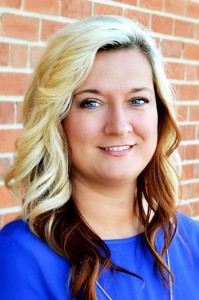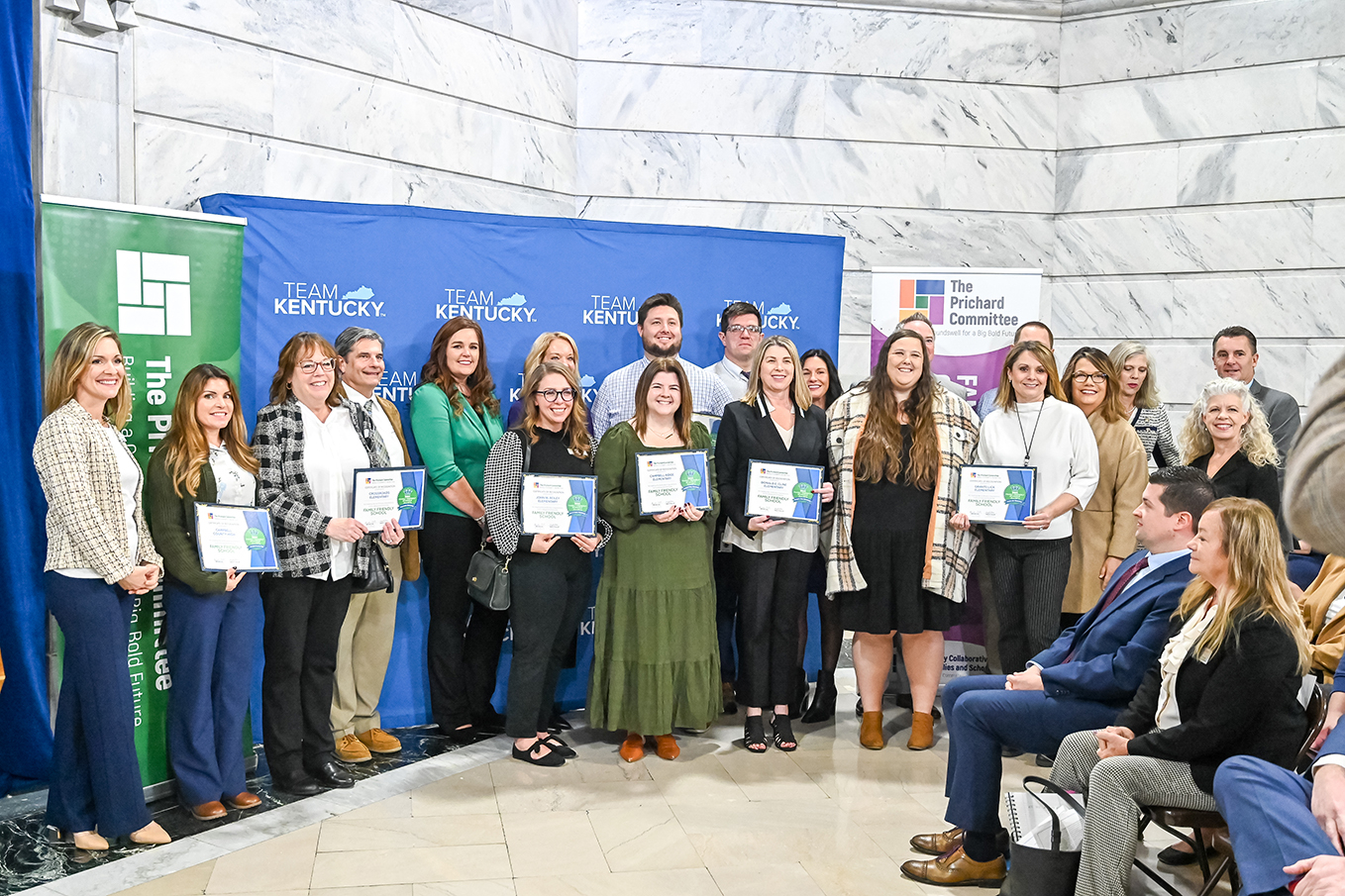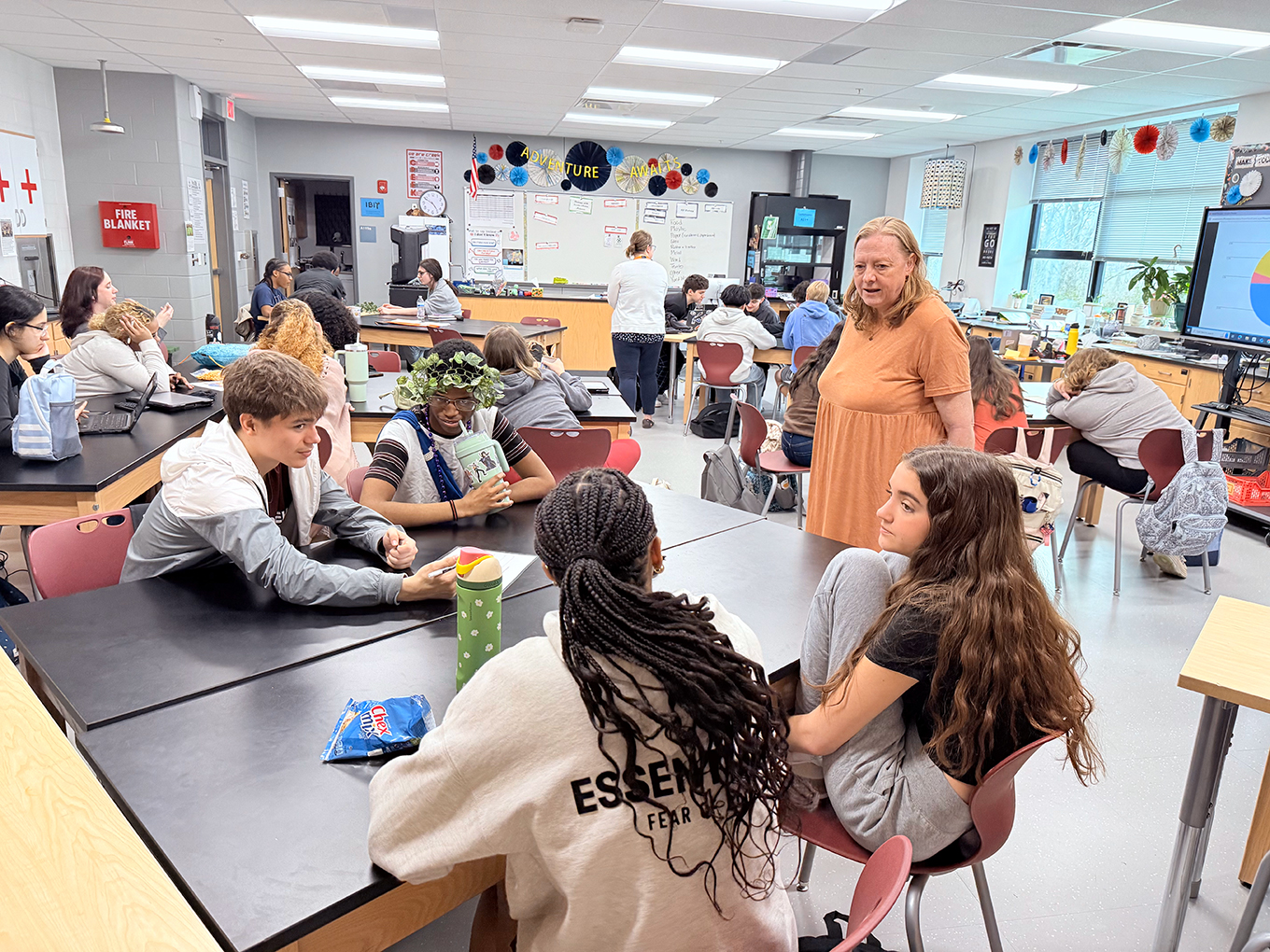
Anji Davidson
By Anji Davidson
anji.davidson@education.ky.gov
The Kentucky Valley Educational Cooperative (KVEC), along with participants made up of K-12 science teacher leaders from across the KVEC region, have created engaging, real-world, learning experiences through the Expeditionary Learning Fellows – or ELF. The program is designed to develop and sharpen students’ abilities to think critically, reason with evidence, construct explanations and communicate their learning to others.
The goal of the ELF program is to traverse, investigate and analyze phenomena in a student-centered inquiry setting as well as foster a sense of pride for the beauty and resources of the Appalachian region. For me, a teacher who has grown up among the beauty of Appalachia and appreciates its resources, those goals were refreshing and exciting. We, the teachers, were to become pioneers in the process of challenging classrooms to create credible scientific learning experiences. As science teachers, work of this nature greatly piqued our interest and made us excited about the future.
We got started in the spring at Lily Cornett Woods, an old-growth forest located in Letcher County and maintained by Eastern Kentucky University. After a day of meetings about the goals and requirements of our program, we were ready to take to the field. We discussed ways to get our students to think and want to discover on their own without prodding or instructions from teachers. Little did we know, we were about to put ourselves into the role of student and do just that.
We focused on stream chemistry and macroinvertebrates. We received iPads, were put into teams and instructed to simply walk, observe and think. We were told to take photos of places along the stream where the energy changed.
It was a beautiful hike and I found myself focused on the beauty of the area as well as the science of the stream. My partner and I noticed where the stream’s flow increased and decreased. We noticed where it widened and narrowed and how that effected flow. We noticed areas where the water flowed freely and where its flow was obstructed. We noticed that in some places the stream was deeper and flowed slowly, compared to where it was shallow and flowed more quickly.
As we traveled higher into the wood, we noticed that the water flow was faster as the elevation increased, but ebbed where the elevation decreased. We noticed as the stream curved, the flow slowed, and it increased as it straightened out. Then we started to wonder about more. We wondered if the amount of light affected the flow in any way or the amount of organisms found in the stream. We wondered why there was debris in certain sections and not others. We wondered if the ions in the stream had anything to do with flow, temperature or organisms.
That’s when I realized the power of what we were doing.
When you give students the opportunity to simply explore without specific directions or requirements, and the tools to make sense of what they see, magic can happen.
The benefits of taking students outdoors cannot be denied. When students are learning outside in nature, they have increased motivation, better behavior and decreased stress levels. Students’ minds are more open outdoors and, as educators, we need to tap into this more frequently and with more purpose.
This is one of the wonderful benefits of living in Appalachia. There is beauty all around us. In the midst of that beauty there are hidden learning experiences with every turn. Learning to tap into those resources is the key to opening our student’s minds. To me, this is the true backbone of science education.
The ELF members will attend four full-day organizational/learning sessions throughout the year, complete professional learning by collecting badges that demonstrate our expertise in practice, document our journey through the process and collaborate with other professionals to develop engaging, real-world learning experiences. We then will pioneer those learning experiences in our classrooms and share student work.
The teachers keep journals throughout the process to document and reflect on practices. Instructional strategies also will be incorporated in the classroom and those strategies will be shared by members as the group expands. The current group of ELF members will recruit other teachers to continue the work and ensure the growth and expansion of the program.
It is important that, as teachers, we are flexible enough to change with the shifting times. We must be willing to mold ourselves and our classrooms to fit the needs of our students as they enter a workforce that is in stark contrast to what many of us are familiar with. Understanding phenomena is the key to this new generation of workers – and programs such as the Expeditionary Learning Fellows is our key to that future.
Anji Davidson, a National Board certified teacher, has been a 7th- and 8th-grade science teacher at Jackson Independent School for 22 years. Last year she worked in a hybrid position as a teacher leader on special assignment with the Kentucky Department of Education. She was a member of the 2011 Integration District Team that implemented the Literacy Design Collaborative (LDC) districtwide and is currently the LDC lead in her district. She is co-founder of the Kentucky Appalachian Teacher Network.




Good job Anji.
Loved reading the article. So important to keep students’ minds open and searching for reasons. Congratulations!!!
Great Article Anji. Thanks for being an inspiration to Science teachers across KY.